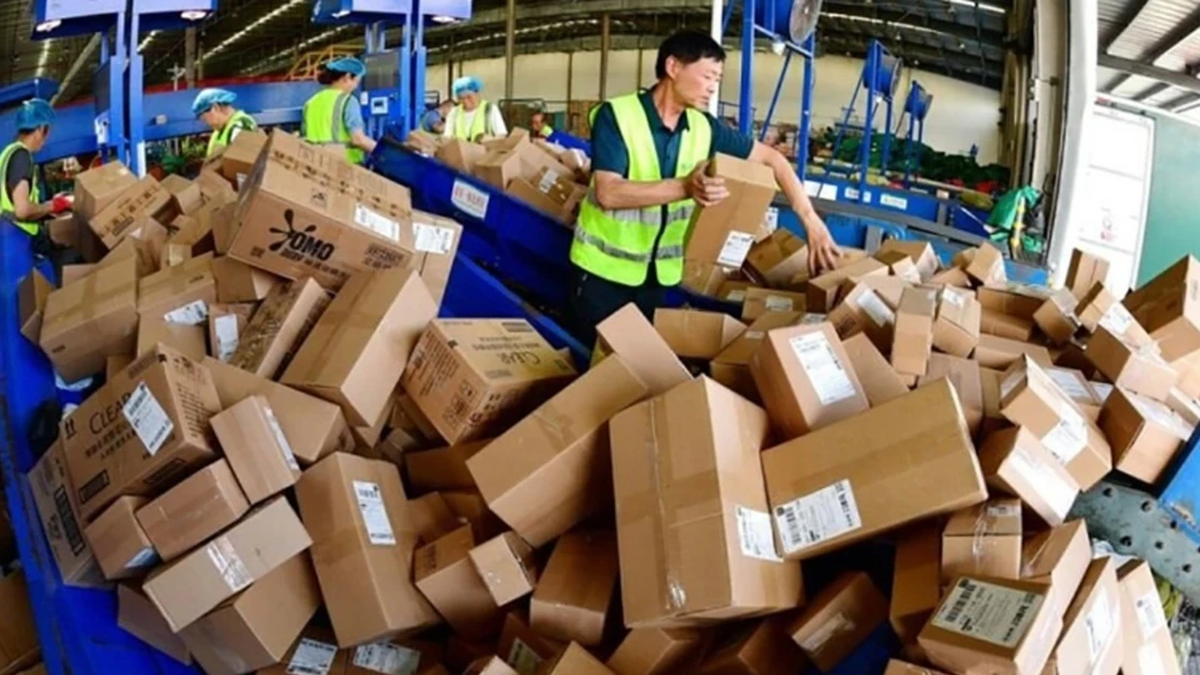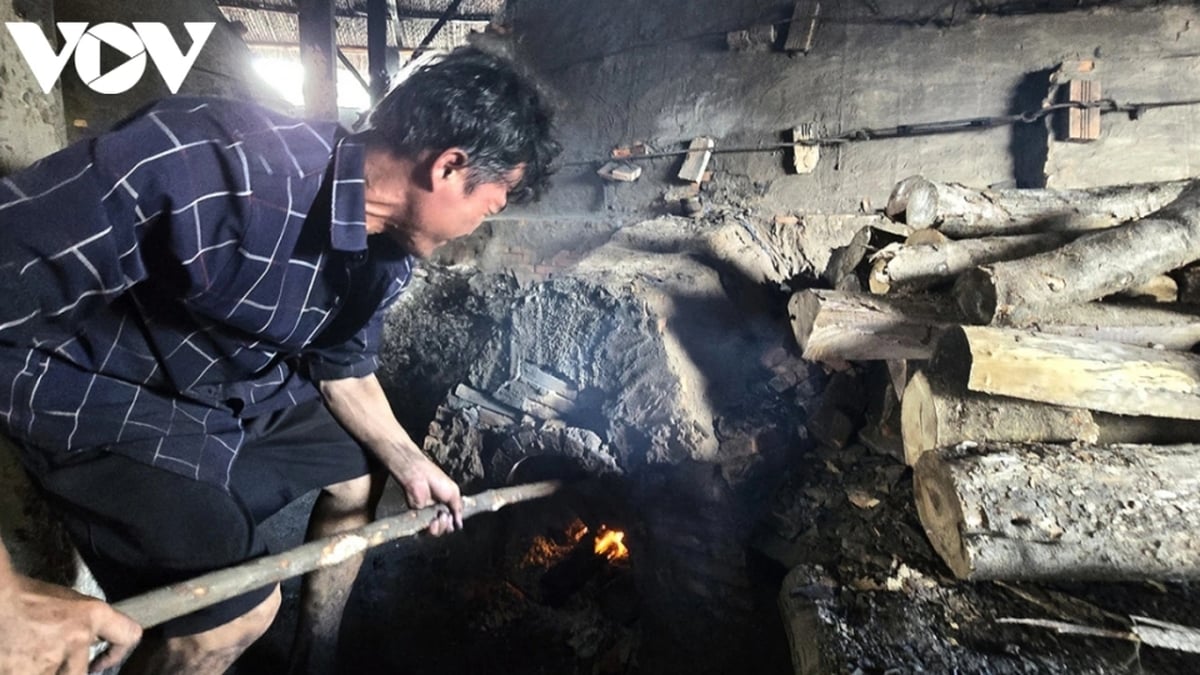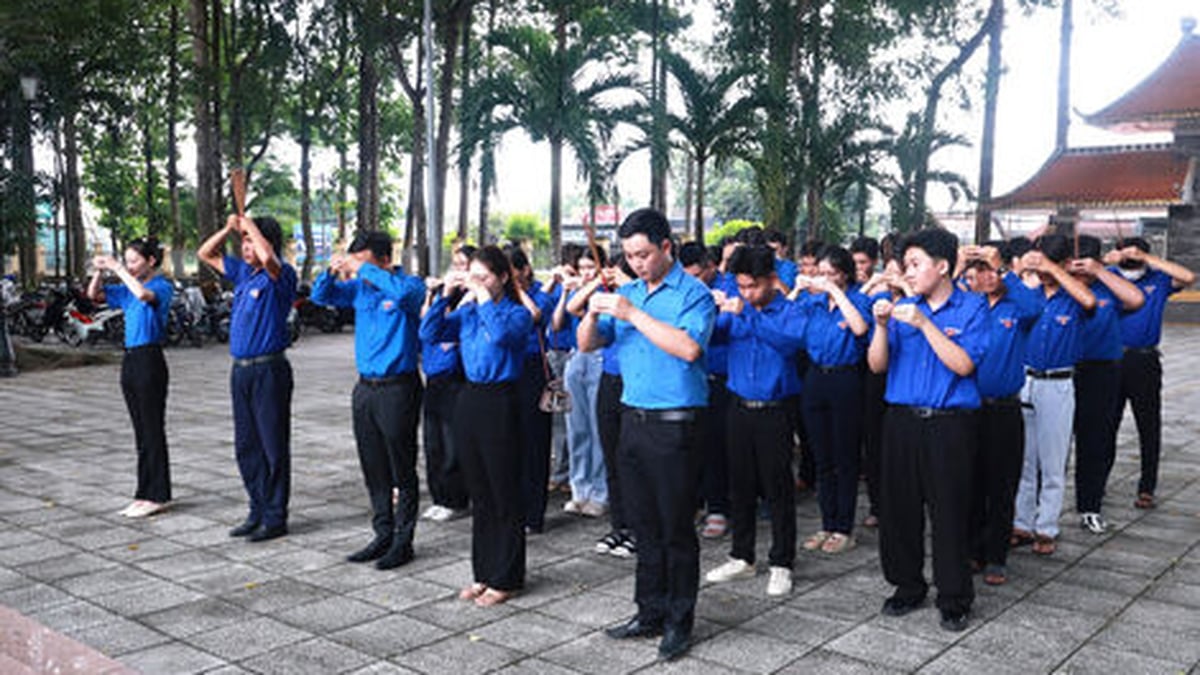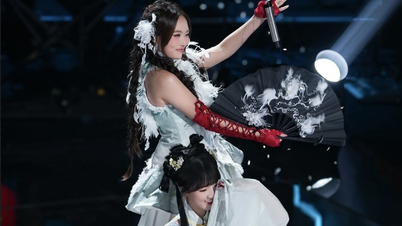And to find that out, they don’t ask you a straightforward question like “Are you a responsible person?” because everyone will nod their head. Instead, they will use situational questions or questions that evoke real experiences to assess you in a more subtle way.
Below are some common interview questions related to responsibility that you may encounter when looking for a job in Ho Chi Minh City , Hanoi , Da Nang... along with some suggested answers to help you visualize, let's take a look.
Tell me about a time you made a mistake at work, how did you handle it?
The purpose of this question is not to “pick on” or fail you, but to understand how you deal with mistakes and handle situations. The employer wants to see if you dare to admit your mistakes, learn from them, and proactively find solutions, or blame the situation. Because in work, mistakes are inevitable. What matters is how you react afterwards.
Instead of saying “I have never made a mistake” which sounds unrealistic, you can tell a small but true situation like: “Once I sent a quote to a customer but mistakenly sent a file that had not been updated with the new price. After discovering this, I immediately contacted the customer to apologize and resend the correct quote, along with a clear explanation. Luckily, the customer understood and continued to cooperate. After that time, I learned to always double-check before sending any documents out.”
Have you ever been given a task that was beyond your ability or beyond the scope of your job, how did you react?
In a real work environment, things rarely go exactly as described. There will be times when you have to take on a new task, or encounter a situation you have never handled before. How you react to these situations will say a lot about your work ethic, flexibility, and willingness to support your teammates.
When answering this question, show your sincerity, progressive spirit and ability to handle situations, but don't turn it into a story that is too negative, like: "Once the team leader suddenly took a leave of absence right when the project needed to be finalized with the customer. Although I am usually only in charge of the technical part, that day I volunteered to present the plan to the customer. At first I was a bit worried, but I asked my teammates to help me prepare carefully and the meeting went smoothly. Thanks to that time, I am also more confident when communicating and presenting."
If you had to work with an irresponsible colleague, what would you do?
With this question, the employer is not looking for a bad story about someone but wants to understand how you behave in a work environment, where not everyone is professional, meets deadlines or always supports each other. Specifically, they want to know if you can handle sensitive situations, think positively and especially if you keep your responsibilities or are affected by them.
You don’t need to tell a dramatic story or name anyone. Keep your tone objective and calm and show that you know how to resolve conflicts professionally. Here’s an example you can use: “During work, I’ve encountered a situation where a colleague didn’t complete a task on time, affecting the overall progress. Instead of criticizing, I often proactively discussed frankly to understand the reason and find a solution together. At the same time, I also try to stay true to my responsibilities because I believe that if I do well, it will spread a positive spirit throughout the group.”
Such an answer shows that you are understanding, cooperative but not giving up or blaming - something that employers highly appreciate in a teamwork environment.
In case of missed deadline, how will you handle it?
No matter how good you are, there will be times when you encounter unexpected situations such as customers changing their requirements, machines malfunctioning, or simply misestimating the time. At that time, the important thing is to stay quiet and wait until reminded, or proactively inform, find a solution, or just complain, "I don't want that either."
Show that you are responsible for your work, know how to recognize problems early and prioritize finding solutions rather than blaming by answering like: “If I see a risk of missing the deadline, I will proactively notify my superiors or customers early to find a solution such as redistributing work or adjusting priorities. To the best of my ability, I am also willing to work overtime to ensure quality. I understand that deadlines are commitments, so if there are problems, the first thing to do is to be transparent and work together to solve them, not hide or ignore them.”
What does accountability mean to you at work?
What do you see as responsibility, as an obligation, a burden, or something you volunteer to do the best you can? Do you see work as your own, or just a chore, as long as it’s done by the time it’s done? And can you be trusted to take on important tasks? That’s the employer’s goal behind this question.
Avoid general statements like “Responsibility is doing a good job.” Instead, be more specific: “I think simply: if you accept a job, you have to do it thoroughly. If something happens, you have to stand up and solve it, not find an excuse to avoid it. Responsibility for me is not a big thing, but the small things I do every day, like being on time, keeping promises, and not letting others clean up the mess for me.”
Responsibility at work is not about words but about how you handle problems. So, when you go for an interview, prepare some real stories to show how you took responsibility, corrected mistakes, overcame difficulties, or volunteered to “jump in” when others backed out. Honest, specific answers that show maturity in the way you work will help you become a candidate that cannot be missed.
TH
Source: https://baothanhhoa.vn/5-cau-hoi-ve-tinh-than-trach-nhiem-trong-cong-viec-ban-can-chuan-bi-254372.htm







































































































Comment (0)